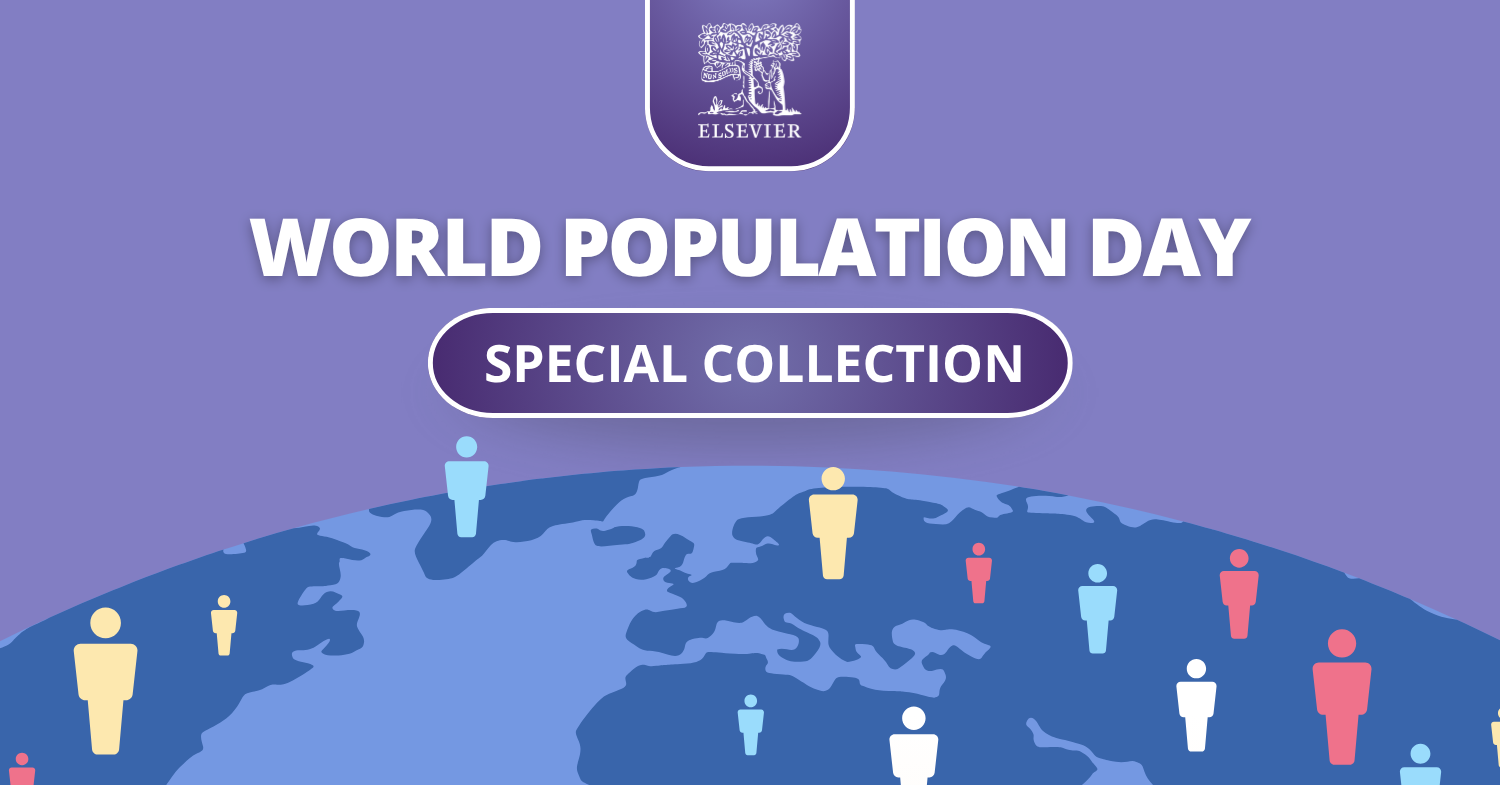International Day of Combating Sand and Dust Storms 2026
The International Day of Combating Sand and Dust Storms is observed each year on 12 July. Proclaimed by the United Nations General Assembly through resolution A/RES/77/294, this day raises attention to the widespread impact of sand and dust storms on health, agriculture, economies, and ecosystems. It urges governments, institutions, and communities to work together to prevent harm, manage risks, and support affected regions.
Established by the United Nations Development Programme in 1989—and inspired by the global milestone of Five Billion Day on July 11, 1987, World Population Day highlights critical issues relating to population and sustainable development. To raise awareness for this important topic, Elsevier presents a curated list of publicly available journal articles and book chapters to help advance #SDG3 and #SDG5 research.
This content aligns with Goal 3: Good Health and Well-being by pursuing a respectful and reciprocal relationship between Indigenous and Western scientific ways of knowing about human brains and minds.


